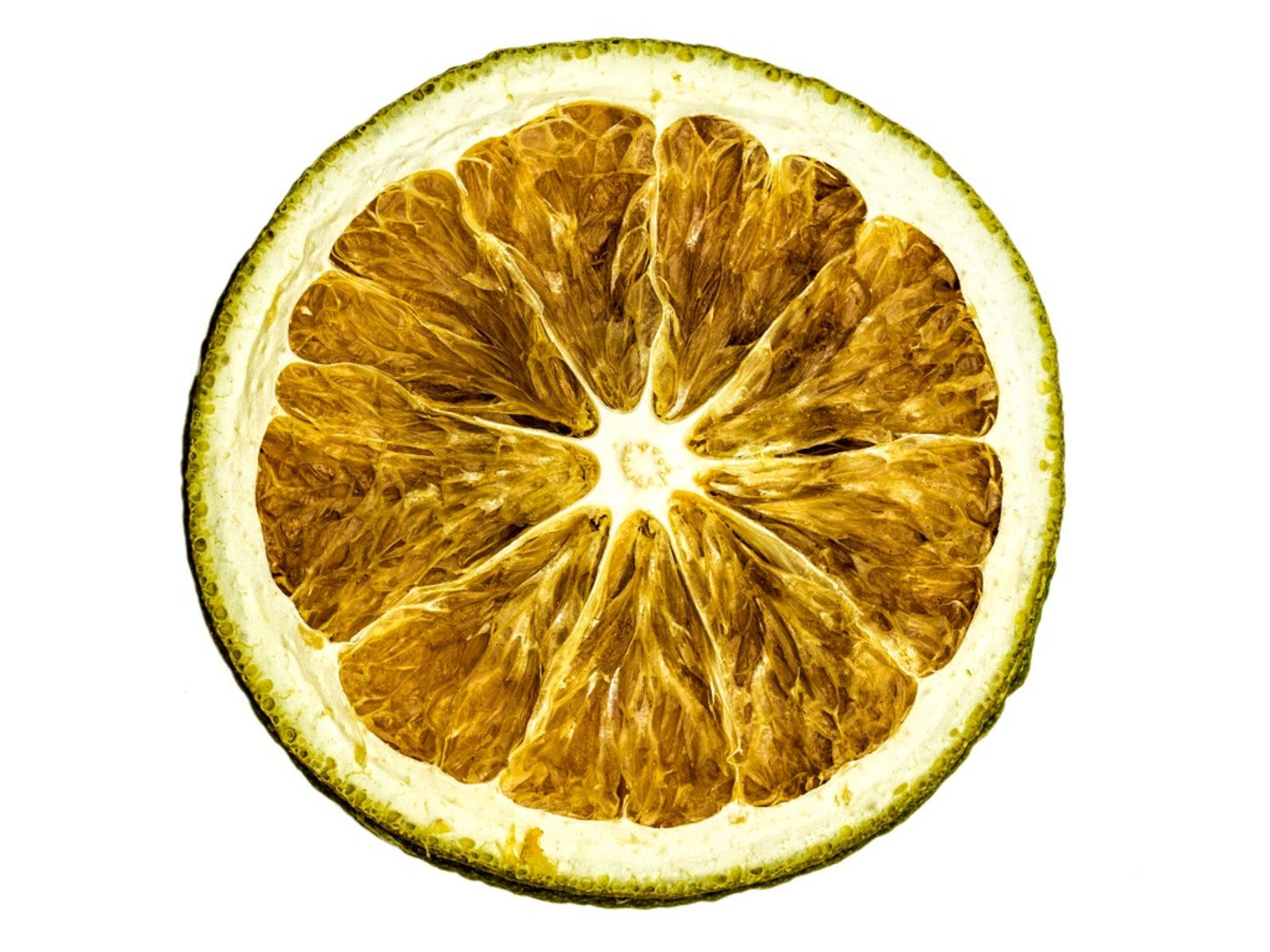Dry Lime Fruit - What Causes Dry Limes


While the juice quality of citrus fruit, like limes, usually improves throughout the season the longer they're on the tree, there are occasions when those left for too long contribute to dryness. Therefore, harvesting limes just before they begin to turn yellow is the best time for picking nice, juicy fruits. Nonetheless, problems with dry limes do happen, and this is one of the most common complaints.
Cause of Dry Lime Fruit
Trying to determine the cause of dry lime fruit can be overwhelming unless you know what to look for. There are several reasons why limes are dry and pulpy. Dry limes may be associated with lack of water, over maturity, young trees, nutrient deficiencies, or stress-- due largely in part to improper fertilizing or planting-- and extreme changes in temperature. Improper watering - Improper watering is one of the most common causes of dry limes. Limes require plenty of water for healthy fruit development, especially when grown in containers. Lack of sufficient water inhibits juice quality in limes and may be why limes are dry. Give lime trees a deep watering at least twice a week, especially during periods of drought. Over maturity - Leaving limes on the tree too long can also be a cause of dry lime fruit. Limes are generally picked prior to reaching full maturity, while still green. Do not allow limes to turn yellow. Tree too young - Young lime trees, especially those during the first two or three years, commonly produce dry limes. As trees mature, the fruit production and juice content improves. Nutrient deficiencies/stress - Nutrient deficiencies or stress may be a cause of dry lime fruit. Improper fertilization is one factor contributing to this. Fertilizer is typically required once a year, although two applications are sometimes recommended-- once in February and following up again in May. Poor planting and insufficient soil drainage can also result in dry limes. Planting depth and healthy soil are important factors to consider when limes are dry. Citrus trees should be planted at the same depth or within an inch (2.5 cm.) less of the root ball. To ensure healthy soil, amend it with compost, also keeping in mind that most citrus trees prefer pH levels between 6.0-6.5. Make sure the location and soil provide adequate drainage as well. Limes should also be planted in sunny locations and well protected from cold. Some limes, however, such as the Kaffir lime, are naturally dry. Therefore, you should so keep this in mind when choosing lime trees. If your healthy-looking limes are dry, there can be several causes. Once you eliminate each cause of dry lime fruit, you will be better equipped to find and fix the influencing factor. No more worries, no more dry limes.
Sign up for the Gardening Know How newsletter today and receive a free copy of our e-book "How to Grow Delicious Tomatoes".

Nikki Tilley has been gardening for nearly three decades. The former Senior Editor and Archivist of Gardening Know How, Nikki has also authored six gardening books.